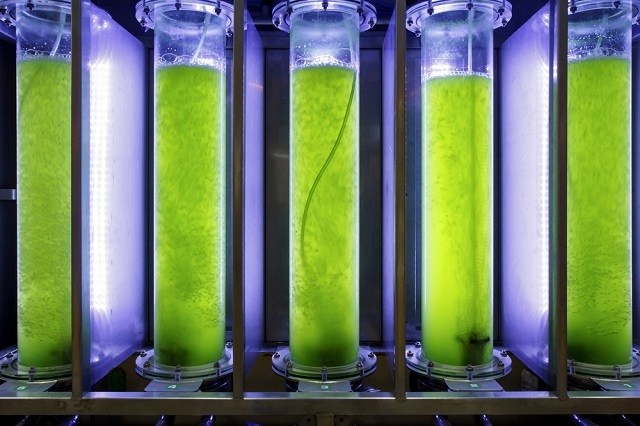Analysis of the Inflation Reduction Act
In our national effort to reduce carbon emissions, we need a practical, all-of-the-above strategy to help us achieve America’s climate ambitions. However, America’s clean energy transition has been characterized by siloed thinking and inflexibility despite significant advances in low-carbon fuel alternatives.
It doesn’t have to be this way.
The recently unveiled Inflation Reduction Act of 2022 (IRA) presents a golden opportunity to break down these walls and unleash America’s carbon reduction potential by providing a more level playing field for advanced biofuels producers in our clean energy transition. Congress has moved swiftly to pass this legislation–and rightfully so. But, there is still more that can be done to incorporate low-carbon fuel alternatives into our national climate strategy.
The IRA’s Biofuel Investment
First, we must give credit where it is due. The IRA is a vote of confidence and real investment from our federal government that will have a positive ripple effect throughout the advanced biofuels industry. It will create vital stability for our industry by offering a suite of meaningful policy directives, including long-term tax policy, new financing and grant resources from the Departments of Energy, Transportation and Agriculture, and it will increase federal resources for the Environmental Protection Agency (EPA) to administer the Renewable Fuel Standard (RFS), which governs the production and use of advanced biofuels in the U.S. These provisions will ultimately strengthen the industries producing low carbon fuel alternatives and position the U.S. to meaningfully reduce transportation greenhouse gas emissions, our nation’s highest emitting sector.

It is important that the United States leverage the emissions reductions offered by these low carbon fuel alternatives in its transportation fleet. Under the Biden administration’s strategy, 50% of vehicles on the road will remain reliant on liquid fuels in 2030. Many of these will be large format vehicles like buses and freight trucks that have proven challenging to electrify. Advanced biofuels can act as a bridge across this “electrification gap” by offering a low-carbon alternative until such technologies become reliable and available for widespread practical use.
Also included are tax credits for sustainable aviation fuel (SAF) producers, many of whom have already supported landmark flights powered by renewable, low-carbon advanced biofuels. With global jet fuel consumption poised to double–or even triple–by 2050, this element of the IRA comes at a critical moment and will lay the groundwork for low-carbon air travel in the years to come.
More Work To Do
The Advanced Biofuels Association looks forward to engaging with Congress and the Department of the Treasury for guidance around the IRA’s tax credits. But the IRA represents only a first step in the right direction. There is still much work to be done to ensure that low carbon industries reach their fullest emissions reductions potential.

After all, tax credits alone represent only half of what is needed to support a more robust supply of low-carbon fuels. We must follow the IRA with common sense regulatory action.
It is vitally important that the EPA continue to send strong market signals to the advanced biofuels industry by putting forward a strong, multi-year Renewable Volume Obligation (RVO) during its next round of RFS standards. In recent years, the Agency has created significant market uncertainty for the advanced biofuels industry by issuing retroactive rulings on the volumes of renewable fuels that traditional fossil fuel refiners or importers must use. This year was no exception, as the EPA once again retroactively issued targets for the past three years in early June. It is an exceptional challenge to develop and capture the full social and environmental benefits of advanced biofuels, which offer up to 80% emissions reductions, in such an ambiguous regulatory landscape.
In the long term, the Agency must maintain its focus and swiftly issue its next round of RVO rulemakings for 2023 and beyond. These rulings could address key issues related to feedstocks and emerging technologies to allow biofuel producers to meet growing consumer demand. And they would allow emerging markets–such as SAF, which Congress is rightfully elevating under the IRA–to mature with certainty.
Until now, America has been its own worst enemy by ignoring the promise of emerging low carbon fuel industries. If coupled with a forward-facing regulatory environment, the historic IRA will offer an opportunity to break out of our narrow approach and build momentum in pursuit of our shared climate ambitions.

1 thought on “Opinion: A More Level Playing Field for Advanced Biofuels”